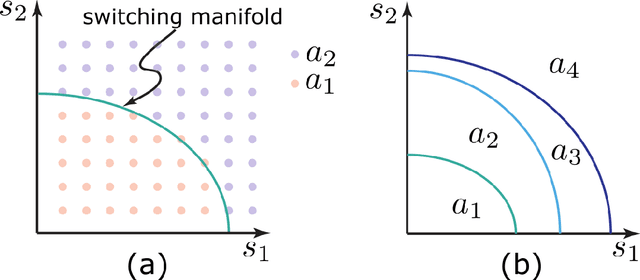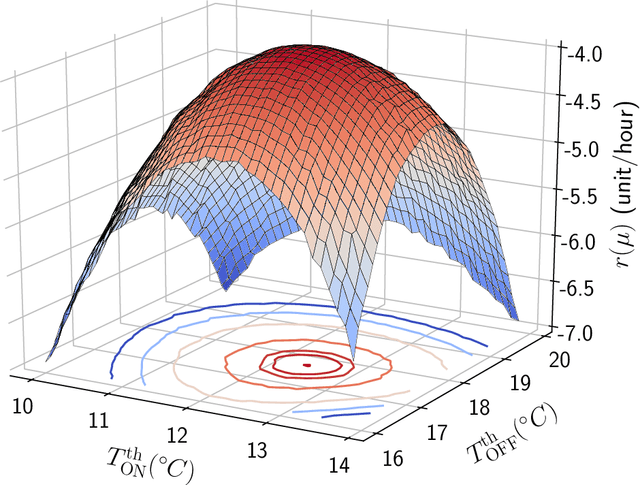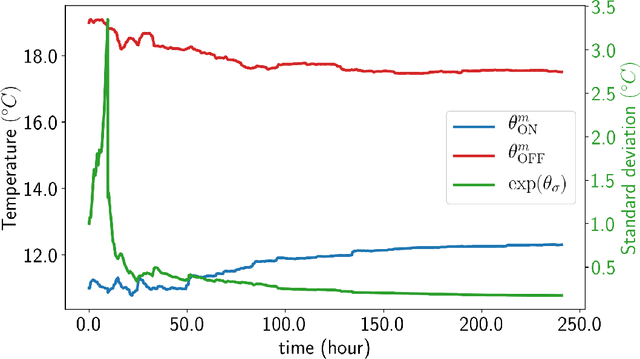Data-driven control of micro-climate in buildings; an event-triggered reinforcement learning approach
Paper and Code
Jan 28, 2020



Smart buildings have great potential for shaping an energy-efficient, sustainable, and more economic future for our planet as buildings account for approximately 40% of the global energy consumption. A key challenge for large-scale plug and play deployment of the smart building technology is the ability to learn a good control policy in a short period of time, i.e. having a low sample complexity for the learning control agent. Motivated by this problem and to remedy the issue of high sample complexity in the general context of cyber-physical systems, we propose an event-triggered paradigm for learning and control with variable-time intervals, as opposed to the traditional constant-time sampling. The events occur when the system state crosses the a priori-parameterized switching manifolds; this crossing triggers the learning as well as the control processes. Policy gradient and temporal difference methods are employed to learn the optimal switching manifolds which define the optimal control policy. We propose two event-triggered learning algorithms for stochastic and deterministic control policies. We show the efficacy of our proposed approach via designing a smart learning thermostat for autonomous micro-climate control in buildings. The event-triggered algorithms are implemented on a single-zone building to decrease buildings' energy consumption as well as to increase occupants' comfort. Simulation results confirm the efficacy and improved sample efficiency of the proposed event-triggered approach for online learning and control.
 Add to Chrome
Add to Chrome Add to Firefox
Add to Firefox Add to Edge
Add to Edge